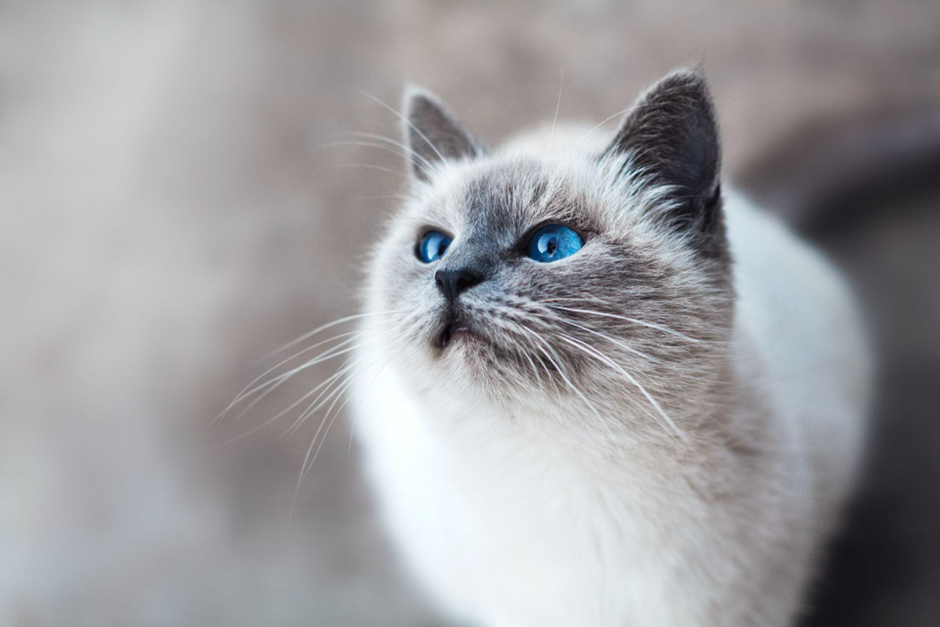Ever noticed those adorable and charming characters in Japanese cartoons or on merchandise? That’s the ‘kawaii’ culture of cuteness that’s all over Japan. But did you know that this cute culture doesn’t just make things look nice—it also affects how people think about real animals? Let’s explore how Japan’s love for ‘kawaii’ impacts animal welfare and conservation efforts.
Getting to Know ‘Kawaii’: Why Cute is Big in Japanese Pop Culture
“Kawaii” is a word in Japan that means cute. It’s about how things make you feel. This cute culture is everywhere in Japan, from cartoons to toys. Think of big-eyed characters in cartoons or small, fluffy animals on merchandise; that’s “kawaii.” In Japanese pop culture, the “kawaii” style is all about making things cute and lovely.
The Influence of Kawaii Culture on Animal Welfare
The “kawaii” culture in Japan is significant for how people feel about animals. When animals are depicted as cute in cartoons, people love them more. This is good to make people want to care for animals with kindness. In Japan, many people want to have a pet after seeing cute animals in cartoons. This affection for “kawaii” animals can help improve how people treat real animals, like being more caring and compassionate towards them.
In addition, the ‘kawaii’ culture in Japan isn’t just about looking cute. It’s also used to talk about important things like helping animals. Sometimes, cute animal characters are used to tell people about protecting wildlife and nature. Also, with the help of technology like Japan eSIM, these messages can reach even more individuals through mobile devices.
Critique and Challenges
However, ‘kawaii’ culture can be a problem too. For example, animals are sometimes kept in cafes. Because they attract customers’ attention with their cuteness. However, this may not be good for the animal’s health. It’s important to balance cuteness with what’s best for the animal. With this, they can be treated well and have their needs met. In events or ads, cute characters might talk about how important it is to save endangered animals or take care of the environment, spreading awareness not only through traditional means but also leveraging eSIM in Japan to engage a wider audience digitally.
Conclusion
Japanese folks really like cute things. It’s made them care more about real animals. But we should make sure animals are happy and healthy too. It’s all about getting that balance right between being cute and looking after animals properly.
